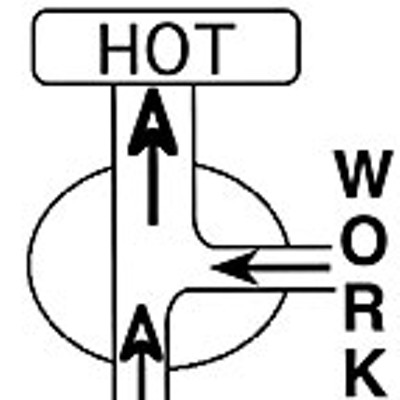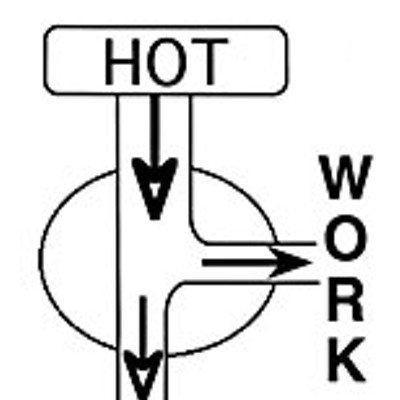[
{
"name": "Top Stories Video Pair",
"insertPoint": "7",
"component": "17087298",
"parentWrapperClass": "fdn-ads-inline-content-block",
"requiredCountToDisplay": "1"
}
]
If you own a refrigerator, you own a heat pump, which moves heat from one place to another. Heat pumps can efficiently heat a home by transporting heat from the environment into the home. Rocky Drill and wife Kathy Marshall have reduced their carbon footprint by installing heat pumps which can also serve as air conditioners. They would be happy to provide details: [email protected].
The source of the environmental heat could be air or groundwater. For new construction with a septic system, heat-exchanging pipes along the bottom of leach-field trenches would capture waste heat from the home.
Whereas electric resistance heaters are 100 percent efficient (neglecting the 35 percent efficiency of power stations), heat pumps can deliver roughly five times as much heat energy as they consume in electric energy. They even have a carbon-footprint advantage over direct gas furnaces: 100 energy units of gas produce 35 units of electricity which pump 5 x 35 = 175 units of heat.
A heat pump is the opposite of a heat engine. The concept of entropy "S" is needed to understand efficiencies. S increases, for example, when useful motion degrades into random jiggling (heat). Total S can never decrease. The diagram derives the efficiency of an ideal heat engine producing work "W" from heat "Q", while unavoidably passing less heat "q" to the environment. Removing Q at temperature "T" (in Kelvins) causes a local S decrease of Q/T. That decrease in S must be compensated by S gained as heat q enters the cool reservoir at temperature t: For no change in total S, Q/T = q/t. Hence, Q and q are proportional to T and t. Ideal Efficiency = W/Q = (Q - q)/Q = (T- t)/T. This famous equation helps explain your electric bill and your cost of driving.
The "Coefficience Of Performance" of an ideal heat pump is Q/W = Q/(Q-q) = T/(T-t). For T=300K (warm) and t=273K (freezing), the ideal "COP" = 11. This is twice as good as existing heat pumps (showing room for improvement).
You could also stay warm by pumping iron.
more from the author
-
Nuclear Matters
- May 6, 2010
-
Sophie Smells a Shaker
- Feb 4, 2010
-
The Roots of Love
- Feb 5, 2009
- More »



































